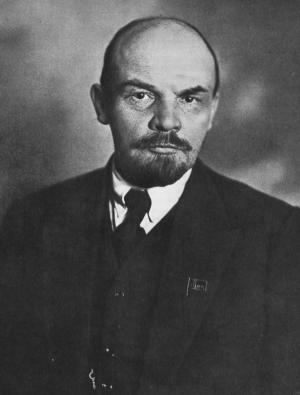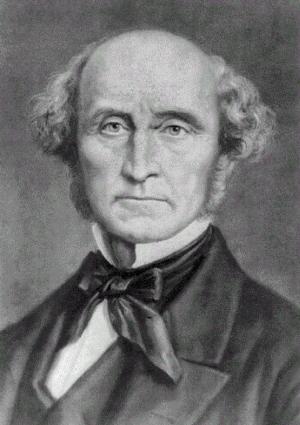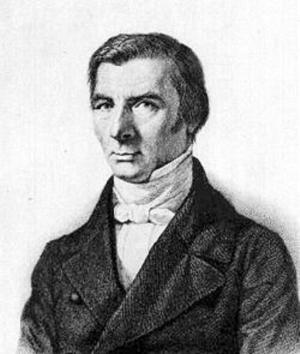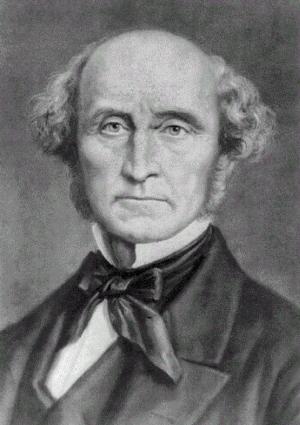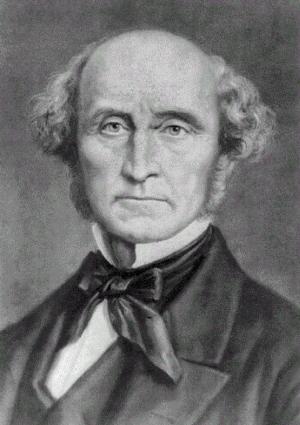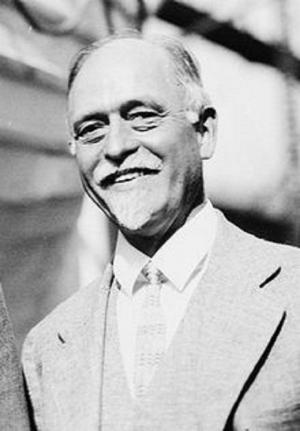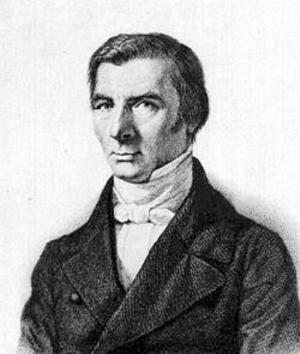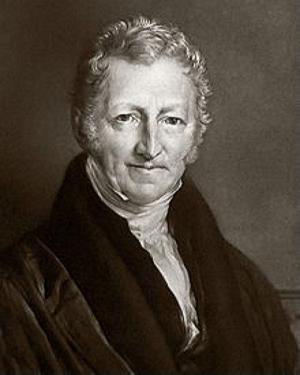Imperialism, the Highest Stage of Capitalism: Full Text of 1916 Edition (Illustrated)
Business & Finance, Economics, Macroeconomics, Theory of Economics| Author: | Vladimir Ilyich Lenin | ISBN: | 1230000258468 |
| Publisher: | AS Team | Publication: | August 7, 2014 |
| Imprint: | Language: | English |
| Author: | Vladimir Ilyich Lenin |
| ISBN: | 1230000258468 |
| Publisher: | AS Team |
| Publication: | August 7, 2014 |
| Imprint: | |
| Language: | English |
The book has an active table of contents for readers to access each chapter directly.
In the spring of 1916, Lenin wrote Imperialism, the Highest Stage of Capitalism (1916) in Zürich. This thesis pointed out that the merging of banks and industrial cartels gave rise to finance capital, the basis of imperialism and the zenith of capitalism. In pursuing greater profits than the home market can offer, business exports capital, which, in turn, leads to the division of the world, among international, monopolist firms, and to European states colonizing large parts of the world, in support of their businesses. Imperialism, thus, is an advanced stage of capitalism based upon the establishment of monopolies, and upon the exportation of capital (rather than goods), managed with a global financial system, of which colonialism is one feature.
Lenin's arguments appear familiar for globalization today. However, As British Prime Minister Winston Churchill once said “He (Lenin) alone could have found the way back to the causeway... The Russian people were left floundering in the bog. Their worst misfortune was his birth... their next worst his death.”
Lenin’s solution of building Soviets to address issues of Capitalism is catastrophic to the world. An estimated 70 million people may have died under the soviet regime. The human cost was enormous. Yet despite all this, Lenin’s Soviets are worshipped by millions as a great model by other countries including North Korea and some aged followers in China today.
History is a mirror for us. Reading the book (Imperialism, the Highest Stage of Capitalism), we can have a second thought on globalization and avoid paying human cost we made in the past by socialistic countries including Soviets and China.
This is a must-read book for people to understand the nature of a socialistic country.
The book has an active table of contents for readers to access each chapter directly.
In the spring of 1916, Lenin wrote Imperialism, the Highest Stage of Capitalism (1916) in Zürich. This thesis pointed out that the merging of banks and industrial cartels gave rise to finance capital, the basis of imperialism and the zenith of capitalism. In pursuing greater profits than the home market can offer, business exports capital, which, in turn, leads to the division of the world, among international, monopolist firms, and to European states colonizing large parts of the world, in support of their businesses. Imperialism, thus, is an advanced stage of capitalism based upon the establishment of monopolies, and upon the exportation of capital (rather than goods), managed with a global financial system, of which colonialism is one feature.
Lenin's arguments appear familiar for globalization today. However, As British Prime Minister Winston Churchill once said “He (Lenin) alone could have found the way back to the causeway... The Russian people were left floundering in the bog. Their worst misfortune was his birth... their next worst his death.”
Lenin’s solution of building Soviets to address issues of Capitalism is catastrophic to the world. An estimated 70 million people may have died under the soviet regime. The human cost was enormous. Yet despite all this, Lenin’s Soviets are worshipped by millions as a great model by other countries including North Korea and some aged followers in China today.
History is a mirror for us. Reading the book (Imperialism, the Highest Stage of Capitalism), we can have a second thought on globalization and avoid paying human cost we made in the past by socialistic countries including Soviets and China.
This is a must-read book for people to understand the nature of a socialistic country.

